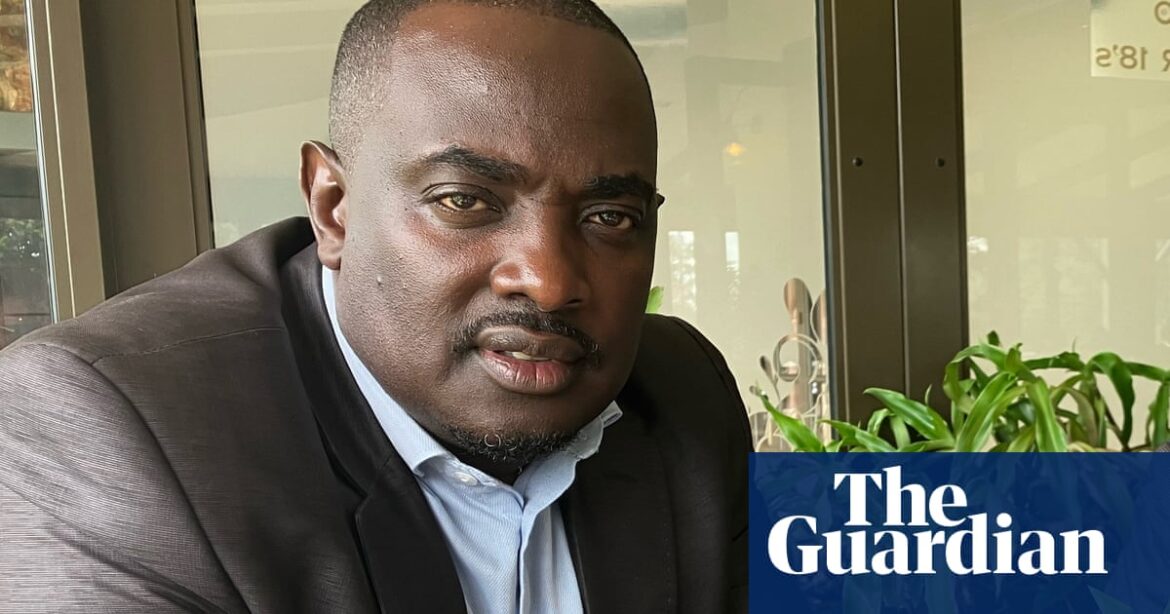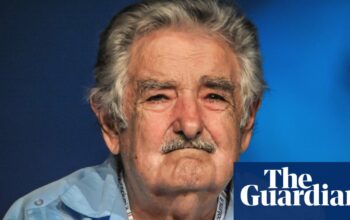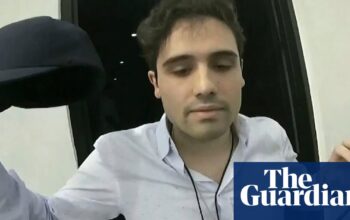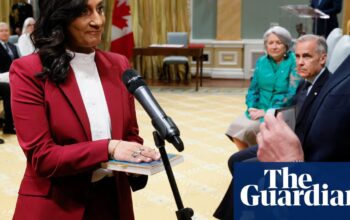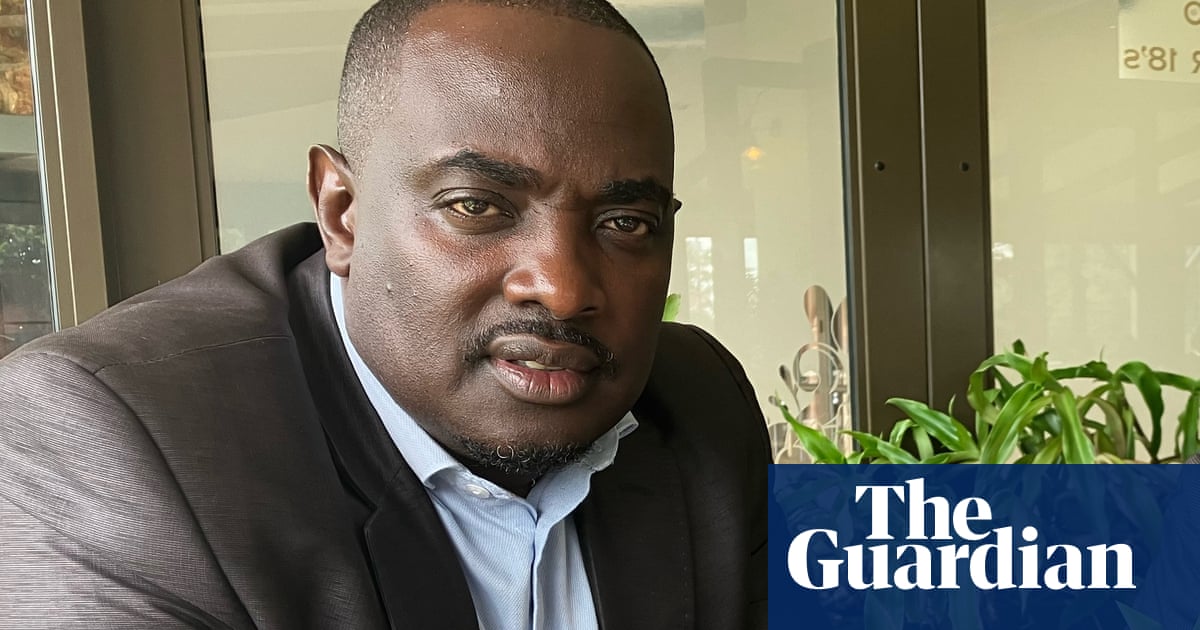
A politician from Rwanda’s opposition party, who barely escaped an assassination plot, has criticized the UK’s proposal to repatriate refugees to Kigali.
Frank Ntwali, the leader of the RNC, a group in exile from Rwanda, stated that the nation is not secure and expressed confusion at Rishi Sunak’s continued support of this policy.
The prime minister’s call for the House of Lords to pass the Rwanda deportation bill has been met with criticism. This bill is seen as a crucial aspect of the Conservative party’s efforts to regain popularity as they currently trail behind the Labour party in polls.
In 2012, Ntwali was repeatedly stabbed near OR Tambo international airport in Johannesburg. He was approached by individuals driving a vehicle resembling a police car. Following the assault, they departed without stealing his wallet.
At that moment, Ntwali was scheduled to give testimony in a South African court for the trial of multiple individuals charged with attempting to assassinate his brother-in-law Kayumba Nyamwasa, a competitor of Rwanda’s leader, Paul Kagame. Ultimately, four men were found guilty for the attack on Nyamwasa’s life.
According to human rights activists, Ntwali and Nyamwasa are among a group of Rwandan dissidents who have been targeted for attacks in South Africa. In 2021, Seif Bamporiki, the coordinator for RNC South Africa, was fatally shot in Cape Town, and in 2014, former Rwandan intelligence chief Patrick Karegeya was discovered deceased in a Johannesburg hotel room on New Year’s Day.
Ntwali expressed concern over the UK government’s attempt to undermine its own institutions by sending asylum-seekers to an unsafe country. He believes this practice should be halted.
After leaving his home country over 20 years ago as a government-funded law student, Ntwali is now a practicing advocate in South Africa. However, during the development of the post-civil war constitution in the early 2000s, he openly voiced his opposition towards the authority of the partly appointed upper house compared to the elected chamber of deputies.
According to him, Kagame’s government branded him as an “enemy of the state” and compelled him to depart from the nation.
Ntwali stated that if the deportation scheme moves forward, the UK must take accountability for the outcomes of any refugees sent back to Rwanda. He firmly believes that the UK would be directly responsible for any fatalities that may occur.
The British government is aware of Rwanda’s identity, yet they proceed to hand over these individuals to a nation that permits extradition. If any negative outcomes arise, the British government will be directly responsible for the demise, imprisonment, or disappearance of these individuals.
The Rwandan National Congress (RNC) was established by ex-members of the Rwandan Patriotic Front, led by Kagame, who assumed control of the country in 1994 following a period of genocide and internal conflict. Kagame has labeled the RNC as a terrorist organization.
Ntwali’s stabbing in 2012 was included in a Human Rights Watch report on Rwandan political dissidents who have faced attacks abroad. The campaigning organisation said of the cases it listed: “Human Rights Watch has documented these cases or received reliable information indicating that the victims are likely to have been targeted because of their criticisms of the Rwandan government, the RPF or President Paul Kagame.”
The Guardian previously revealed that Rwandan dissidents residing in the UK have been warned by the police about potential assassination plots by agents from their home country.
Jonathan Musonera, a political rival of Kagame, resides in Greater London with his family and is under strict protection following a warning from the Metropolitan police about a potential assassination plot. He expressed disbelief at Sunak’s assertion that Rwanda is a safe place.
This week, Victoire Ingabire Umuhoza, a political figure in opposition, stated that individuals who voice opposing views to the Rwandan authorities face consequences, as evidenced by her own eight-year imprisonment following a trial deemed unjust by human rights organizations.
In 2018, 12 refugees from Congo were shot by police in Rwanda while protesting a reduction in their food supplies. 65 of the demonstrators were taken into custody and accused of spreading untrue information or damaging propaganda in order to portray the Rwandan government negatively to the international community.
Individuals who speak out against the government, including activists, independent journalists, and YouTubers, have been subjected to unexplained deaths, disappearances, or arrests. This was personally witnessed and reported by the author on the Progressive Britain website.
The government of Rwanda has been asked for a statement.
Source: theguardian.com
